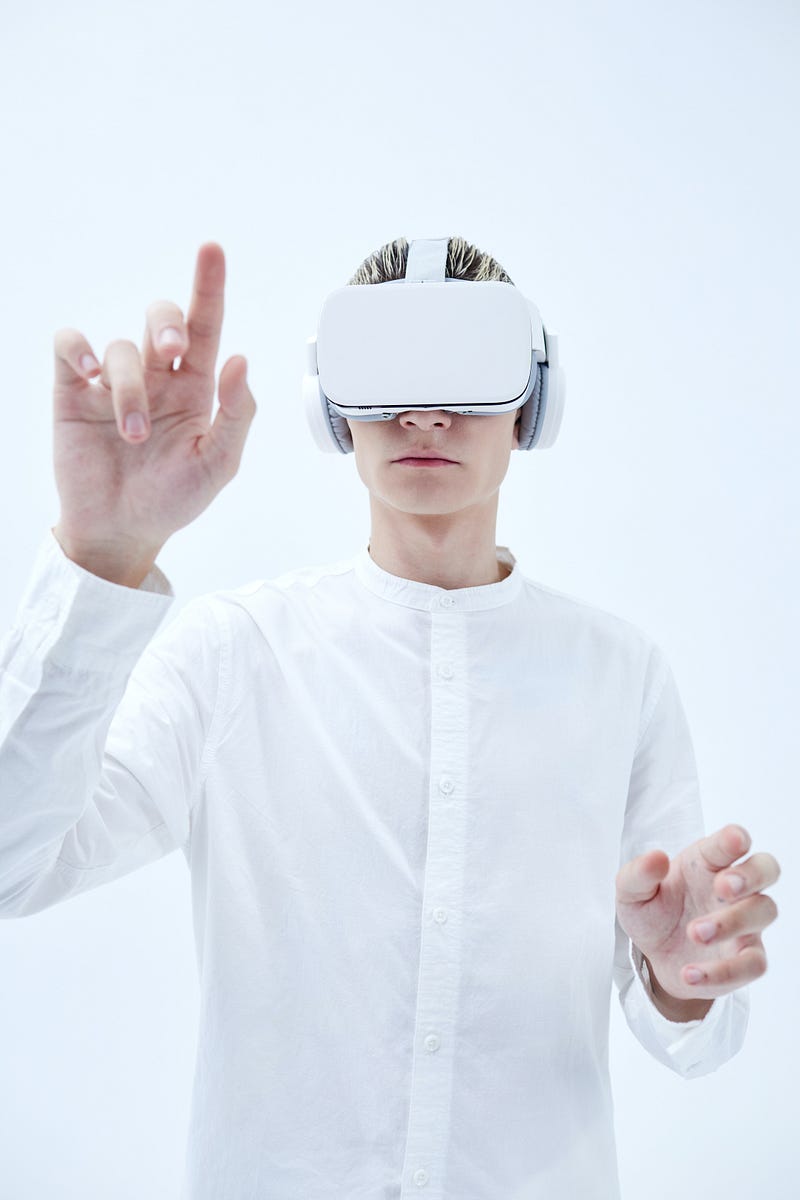The Quest for Balance in a Fast-Paced Society
Written on
Chapter 1: The Speed of Modern Life
In today's world, we find ourselves in a perpetual state of acceleration. Reflecting back five years, I attended a meeting where we envisioned future applications of electronics. Surrounded by a group of eager managers and tech enthusiasts with oversized egos, I felt a mix of awe and apprehension—mostly about the envisioned future they were advocating.
Imagine intelligent refrigerators equipped with cameras and gas sensors, capable of monitoring our food supplies and alerting us when items are nearing expiration. These appliances would not only suggest recipes based on available ingredients but also send shopping lists to our grocery stores for automatic restocking. We discussed self-driving cars, which would allow us to work during commutes while analyzing our emotions through facial recognition. These vehicles could adjust our home environment according to our mood or even notify our loved ones if we were facing difficulties.
Artificial intelligence is set to infiltrate our daily lives, whether we embrace it or not, all in a bid to enhance our productivity as modern-day workers.

The pressure to keep up with the relentless pace of modern existence is something we all share. The notion of 'enough' has become obsolete, as we constantly chase faster, more efficient solutions. Just sixty years ago, households rarely owned televisions, and families would gather to watch a single show broadcasted at a specific time. Thirty years ago, rewinding VHS tapes was a common patience-testing exercise, and only two decades have passed since smartphones began to permeate our lives. Now, these devices are inseparable from our daily routines, serving as extensions of ourselves. We are bombarded by screens and on-demand content, and our constant connectivity raises concerns when we are unreachable.
Social media has further complicated our perceptions, as individuals curate idealized versions of their lives, often masking their struggles behind a facade of happiness.

Chapter 2: The Need for Pause
The digital deluge we face today is exponentially greater than what was experienced just a few decades ago. It is remarkable how quickly humanity has adapted to this overwhelming influx of information, yet we were never equipped with the tools to navigate this rapidly shifting landscape.
People are now investing in breathing exercises—practicing deep inhales and slow exhales—not to mock meditation, but to carve out moments of tranquility in their hectic lives. We spend substantial amounts to escape to offline retreats, disconnected from the digital realm.

As we find ourselves caught in a cycle of fast-paced living, the balance is skewed heavily towards speed. Many individuals are unaware of the continuous energy drain this lifestyle creates, often until they reach a breaking point. The alarming rise in burnout, anxiety, and depression suggests that not everyone is suited for this relentless pace of life. Perhaps the true purpose of existence is lost in this whirlwind of progress.

So, what can we do?
While we cannot rewind time, we can take control of our lives and strive for a healthier balance. If mowing the lawn helps you unwind (I confess, I enjoy it), embrace that activity instead of opting for automated solutions. Learn to say no—to technological advancements, to demands from your employer, and to the rapid pace that defines your life.
It's essential to slow down and cherish moments of disconnection. Dust off that old Commodore 64 and take the time to enjoy the process of "loading."
The first video, "The Paradox of Social Idealism," delves into the contradictions within our societal aspirations and the impact of our desires on mental health.
The second video, "The Paradox of Freedom | Dr. James Orr," explores the complexities of freedom in modern life and its relationship with personal wellbeing.